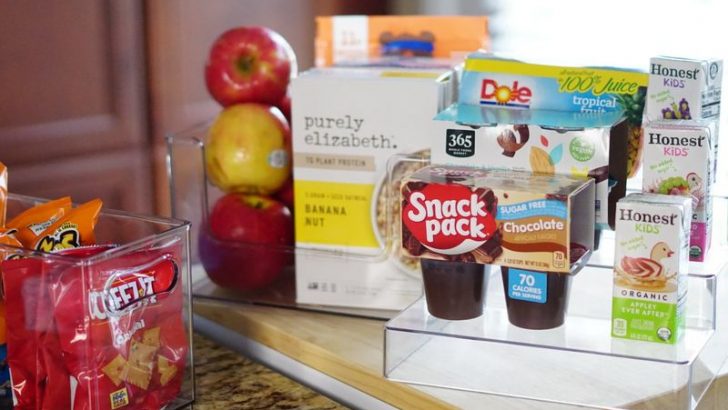American cuisine is diverse and innovative, known for incorporating flavors from around the world. However, some beloved American foods face bans in certain countries due to health and safety standards, cultural norms, or environmental concerns. These prohibitions can be surprising, especially for those who consider these foods a staple of their daily diet.
Understanding these bans can offer insight into how food regulations differ globally and how cultural values shape dietary preferences. Explore this list of six American favorites that are surprisingly prohibited in various parts of the world, and discover the reasons behind these bans.
1. Kraft Mac and Cheese
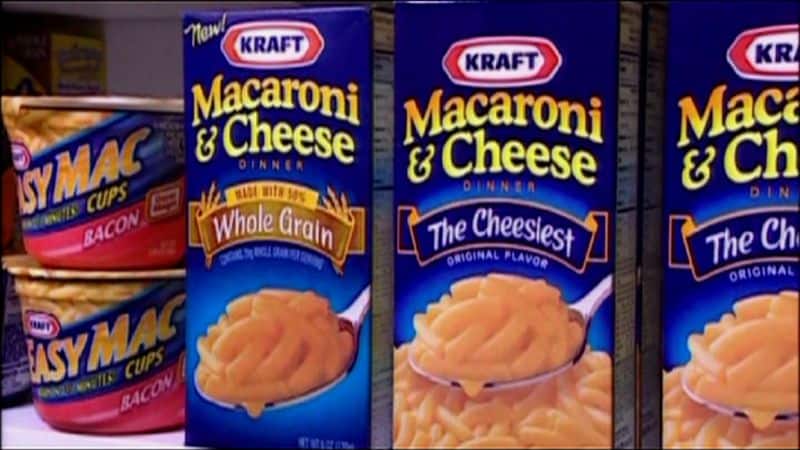
Kraft Mac and Cheese, a comfort food staple in many American households, is banned in certain European countries. The vibrant yellow color of this cheesy delight comes from artificial food dyes Yellow 5 and Yellow 6. These additives are linked to hyperactivity and allergic reactions in children, sparking safety concerns. In Europe, food safety regulations are stricter, with a preference for natural ingredients. As a result, some countries have banned or restricted products containing these dyes. For those traveling internationally, checking food labels can help avoid potential issues with restricted ingredients.
2. Mountain Dew
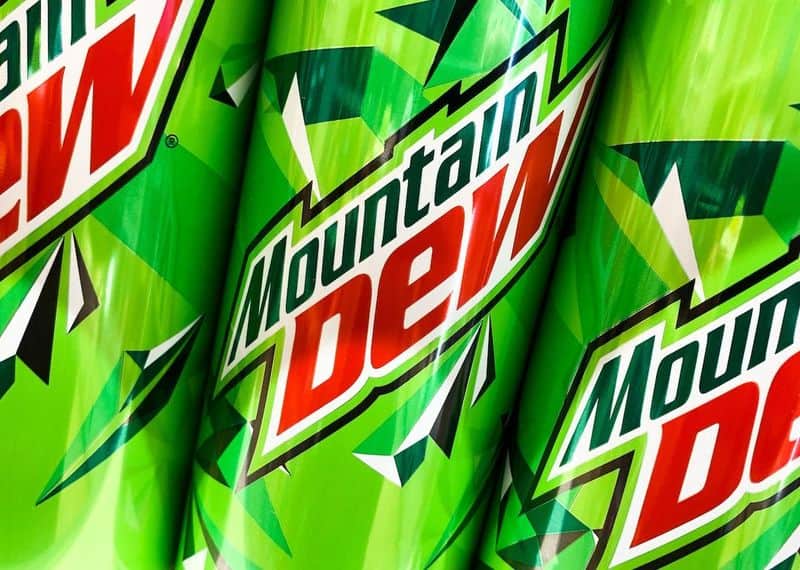
Mountain Dew is a beloved citrus-flavored soda that many Americans enjoy. However, it is banned in some countries due to its use of brominated vegetable oil (BVO). BVO is employed to prevent the separation of flavors, but concerns arise from its potential health risks. It has been associated with memory loss and skin irritation. In places like Europe, BVO is not permitted in food products due to these health concerns. Consumers seeking alternatives can look for beverages free from controversial additives, ensuring they comply with local health standards.
3. Farmed Salmon
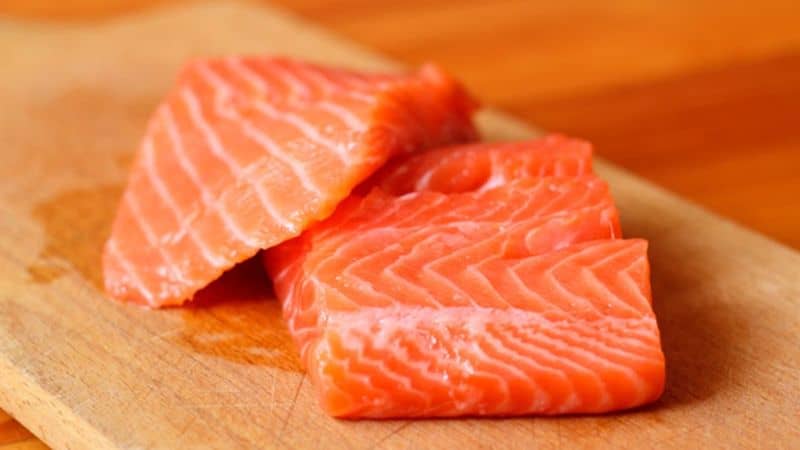
Farmed salmon is a popular choice for seafood lovers in the U.S. Yet, several countries, including Australia and New Zealand, have restrictions on its sale. The primary concern lies in the artificial coloring added to farmed salmon to mimic the vibrant pink of wild salmon. This coloring comes from synthetic astaxanthin, raising health and environmental concerns. Some regions prefer naturally colored fish, prioritizing sustainability and natural diets. When selecting seafood abroad, opting for wild-caught fish can align with local regulations and support sustainable practices.
4. Froot Loops
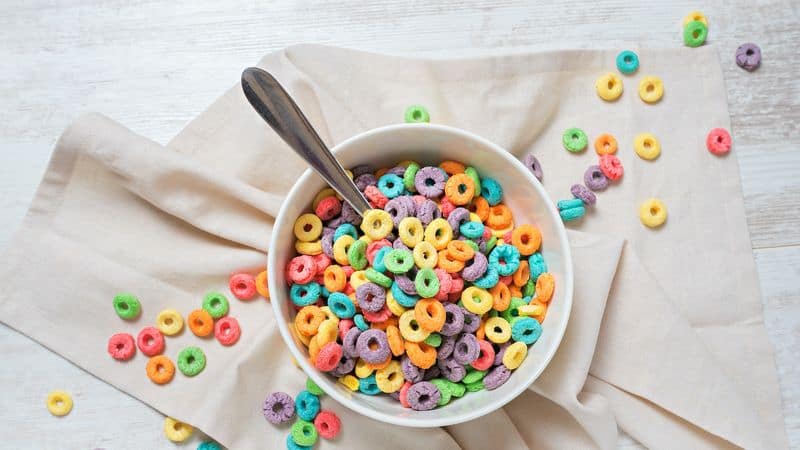
Froot Loops, a vibrant cereal that captures the imagination of children, faces bans in some parts of Europe. The cereal’s bright colors are the result of artificial dyes, including Yellow 6, Red 40, and Blue 1. These additives are linked to potential health concerns, particularly in children prone to hyperactivity. European countries, prioritizing natural ingredients over synthetic ones, have stricter food safety laws. Travelers might encounter cereals with natural colorants, offering a safer alternative without sacrificing the fun and flavor.
5. Ritz Crackers
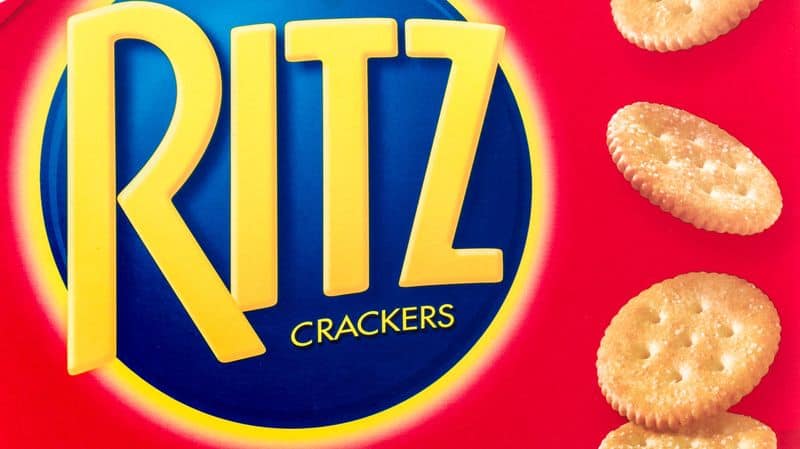
Ritz Crackers, known for their buttery flavor and crisp texture, are beloved snacks in the U.S. However, they are banned in countries like Switzerland due to the presence of partially hydrogenated oils, also known as trans fats. These oils are linked to heart disease and other health issues, leading to tighter restrictions. Many places have banned trans fats entirely, opting for healthier alternatives. When enjoying snacks abroad, looking for trans fat-free options can help maintain good health and adhere to local regulations.
6. Pop-Tarts

Pop-Tarts, a quick breakfast favorite, are banned in some countries due to the presence of artificial colors and preservatives. Ingredients like Yellow 5, Red 40, and TBHQ raise health concerns, prompting bans in countries with stringent food safety laws. While these additives enhance flavor and shelf life, they pose potential health risks. People traveling to countries with these restrictions can find similar pastries made with natural ingredients, ensuring compliance with local standards and promoting a healthier diet.

Well, hello there!
My name is Jennifer. Besides being an orthodontist, I am a mother to 3 playful boys. In this motherhood journey, I can say I will never know everything. That’s why I always strive to read a lot, and that’s why I started writing about all the smithereens I came across so that you can have everything in one place! Enjoy and stay positive; you’ve got this!

